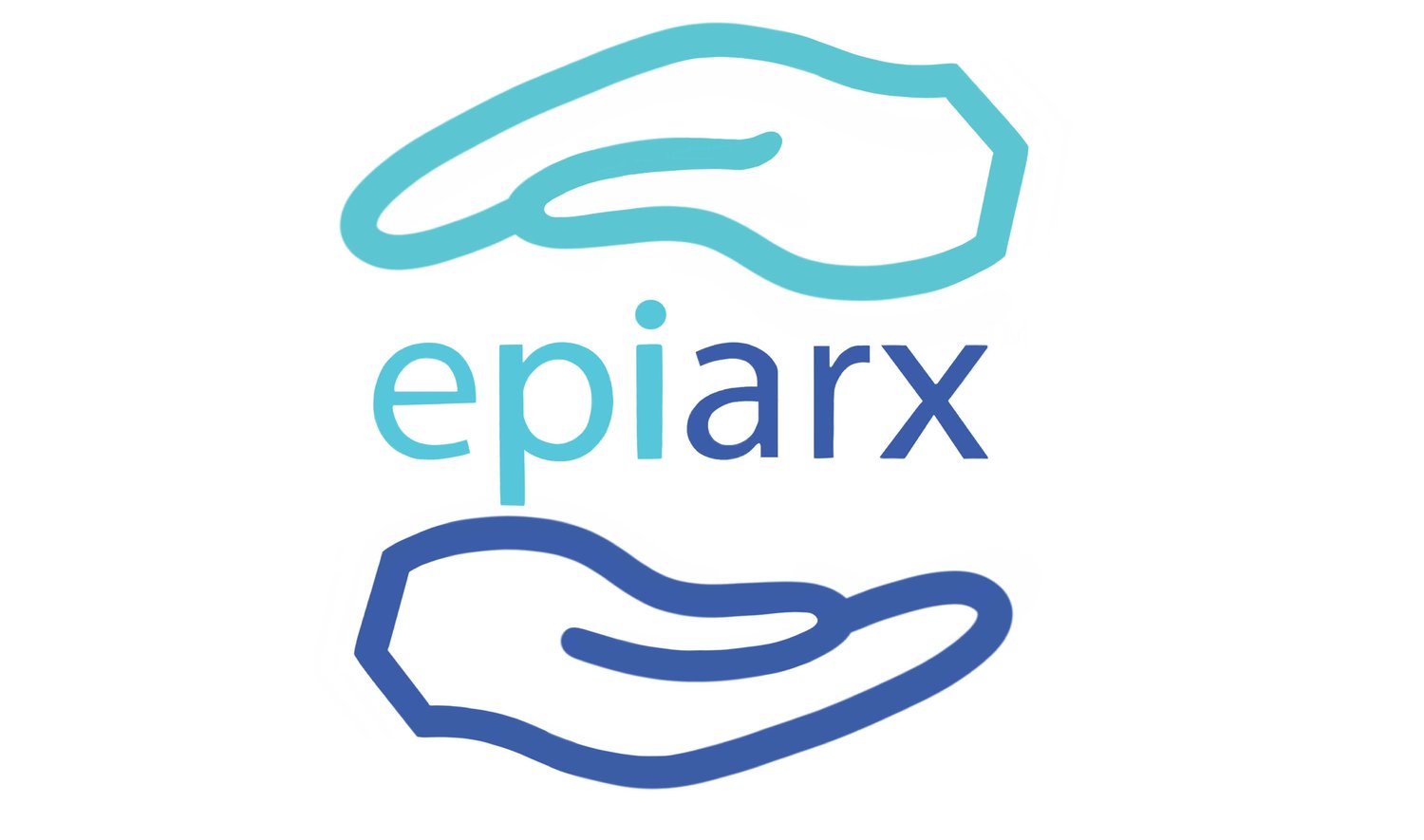
Frequently Asked Questions
Getting Started & Eligibility
How do I get started?
Visit https://www.epiarx.com/schedule to schedule a consultation with Dr. Rodic at a time that works best for you. We are often available same day or next day for urgent cases.
Who can authorize a private autopsy?
In most states, the legal next of kin can authorize a private autopsy (spouse → adult children → parents → siblings). Some states also allow the person responsible for final arrangements. Because the rules vary, we confirm the authorized decision-maker during your consultation.
What if the medical examiner won’t do an autopsy?
You often still have options. Once the medical examiner releases the body, the next of kin can hire a private, board-certified pathologist. We help coordinate this quickly so it doesn’t delay funeral services.
Is a consultation required?
Yes. The consultation allows us to understand your needs, confirm eligibility, and discuss next steps. The consultation is $95, and this amount is credited toward the total cost if you proceed with services.
Understanding Autopsy Services
Why would a family need a private autopsy?
Private autopsies help answer medical or legal questions about a loved one’s passing. Common reasons include:
Sudden or unexplained death
Declined autopsy by a Medical Examiner
Possible medical error or surgical complication
Concerns regarding nursing home care
Toxic or occupational exposures (e.g., mesothelioma)
Diagnosing hereditary conditions (e.g., Alzheimer’s, cardiac or colon diseases)
What does a private autopsy include?
An autopsy is a detailed medical procedure that examines internal organs and body systems to determine cause and manner of death. It includes visual and microscopic evaluation and may involve additional laboratory or genetic testing. Pricing for a complete autopsy starts at $5,995, depending on the scope.
What is the difference between a complete and partial autopsy?
We help you decide which approach is appropriate for your case.
A complete autopsy examines the entire body and all major organs.
A partial autopsy focuses on specific regions (e.g., brain for dementia, lungs for cancer).
Can you review an existing autopsy report?
Yes. We can review hospital or medical-examiner autopsy reports, pathology slides, and genetic/molecular results and explain them in clear terms.
Can you explain our autopsy report to us?
Absolutely. We highlight key findings, explain any implications for surviving relatives, and provide guidance on next steps, such as sharing results with primary care, cardiology, or genetics specialists.
What does a private autopsy cost?
Complete private autopsies start at $5,995. The final cost depends on location, complexity, and scope. Your $95 consultation fee is applied toward the total if you move forward.
Do you offer personalized cancer medicine services?
Yes. We provide personalized cancer pathology review and interpretation, including molecular and biomarker analysis relevant to diagnosis and treatment planning.
Do you offer molecular and genetic testing?
Yes. Molecular and genetic testing is available when clinically indicated and may include hereditary cancer panels, cardiac evaluations, and other targeted studies.
Logistics
How quickly should the autopsy be done?
Ideally within two weeks of passing, but we can evaluate cases outside that window depending on circumstances.
Will an autopsy affect funeral or burial plans?
No. Autopsies do not interfere with open-casket viewings. We coordinate directly with your funeral home to maintain respect and scheduling efficiency.
Can an autopsy be performed after embalming?
Yes. Unembalmed bodies are preferred for diagnostic clarity, but embalmed bodies can still often be examined. Embalming may limit certain types of testing; we advise case-by-case.
Where is the autopsy performed?
At the funeral home selected by the family. The procedure typically takes 2–4 hours, depending on complexity.
How long does it take to receive autopsy results?
We provide a preliminary report within 2 business days, and a full, finalized report within 6–8 weeks, depending on case complexity and testing needs. We provide guidance on timelines during your consultation.
Is a private autopsy after embalming always worth it?
Not always. If the main question is precise drug levels or very subtle injuries, embalming may limit what a pathologist can safely conclude. But when the focus is on broader structural disease, heart disease, stroke, and advanced organ failure, a post-embalming autopsy can still provide meaningful answers.
How do we coordinate timing, transport, and viewing for a private autopsy?
Use a simple sequence: refrigeration → autopsy → embalming/restoration. EPIARX coordinates with your team to manage transport and documentation so services stay on track. In most cases, an open-casket viewing is still possible; incisions are closed and can be concealed with standard restorative work. For a step-by-step guide, read our practical article for funeral homes.
Can organ or tissue donation and a private autopsy both happen?
Often, yes—with early coordination. The donation organization and the pathologist must align on sequence and scope so that the family wishes and diagnostic value are both preserved. In many cases, donation proceeds first, followed by a focused autopsy; in others, a limited autopsy can be planned to protect specific tissues. Timing, refrigeration, and clear consent are key. For case-by-case guidance, see our Support Center or schedule a consultation.
Family Legacy & Additional Services
Do you collect or preserve DNA or tissue for future testing?
Yes. We can collect and preserve DNA or tissue samples for genetic, cardiac, or neurological studies that may benefit surviving family members.
Do you offer DNA preservation?
Yes. Cirgogen by EPIARX is a DNA preservation service that allow families to secure genetic material for future medical, genealogical, or legacy needs.
Do you offer hand casting or memorial art services?
Yes. Arts Memorial by EPIARX is a hand casting service that allow families to create a lasting, meaningful keepsake in honor of their loved one.
Impact on Family Members
Why do these findings matter for children and siblings?
Many causes of death—including cardiac, vascular, and certain cancers—can be inherited. When identified early, surviving relatives can be screened and monitored, which may be life-saving.
What hereditary conditions or risks can be identified?
Autopsies can reveal genetic or familial conditions such as cardiomyopathy, aneurysms, Alzheimer’s-related pathology, or hereditary cancers.
How should families share results with doctors?
We help identify which findings are relevant and recommend sharing them with your primary care provider, cardiologist, neurologist, or genetics team as appropriate.
Legal & Professional Collaboration
Do you work with attorneys or insurers?
Yes. We frequently assist attorneys and insurers with pathology consultations, case reviews, and independent examinations.
Do you work with hospitals or funeral homes?
Yes. We coordinate logistics, medical chain of custody, and communication with hospitals and funeral homes as needed.
How do you maintain chain of custody and documentation integrity?
We follow strict medical and legal standards for documentation, specimen handling, and case management to ensure integrity throughout the process.
Service Area
What states does EPIARX Diagnostics serve?
We serve families and professionals in:
CT, DC, DE, FL, MA, MD, NC, NH, NJ, NY, PA, VA, WV, CA, CO, HI, NV, TX, and WA.
For Funeral Directors / Referrers
A family asked me about a private autopsy — what should I tell them?
Let them know that a private autopsy is often possible once the medical examiner releases the body, that it is ideal to perform it before embalming, and that EPIARX coordinates chain-of-custody and works around their service schedule. We can also provide a simple next-of-kin authorization guide by state.
